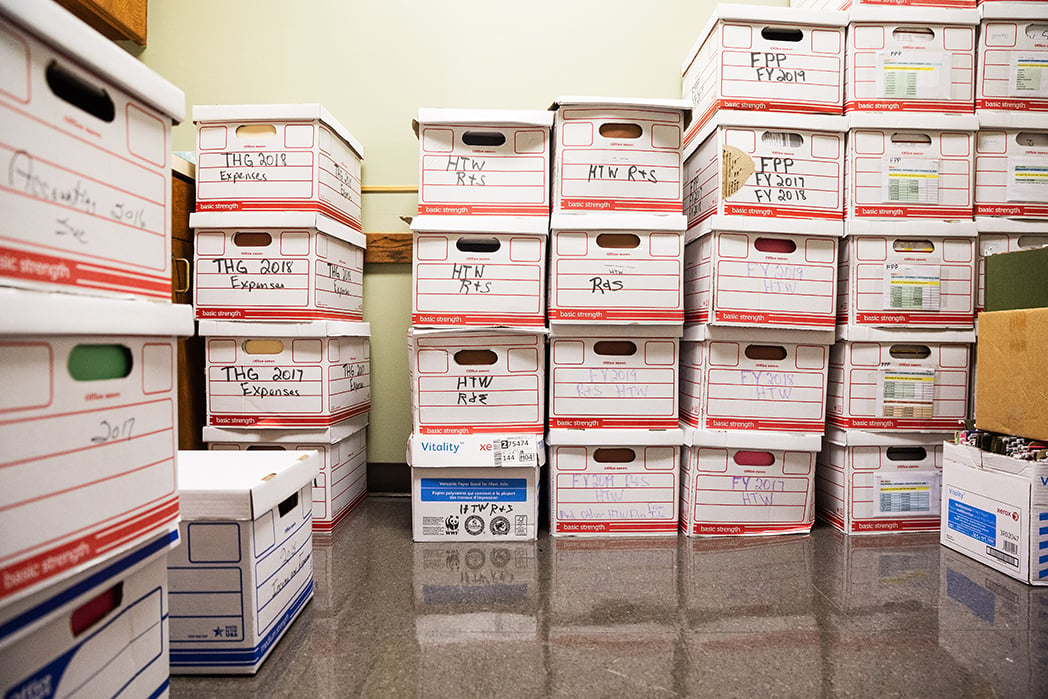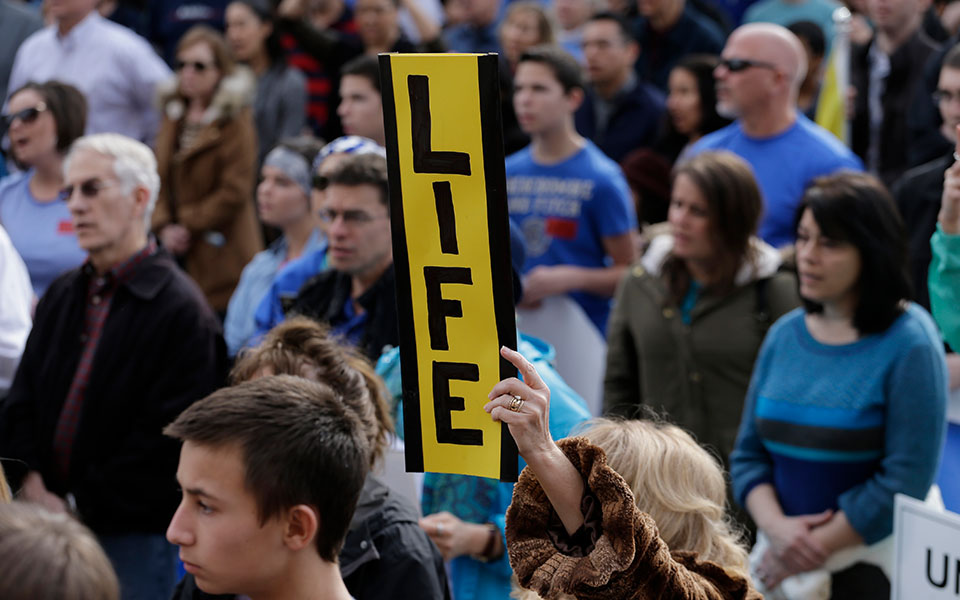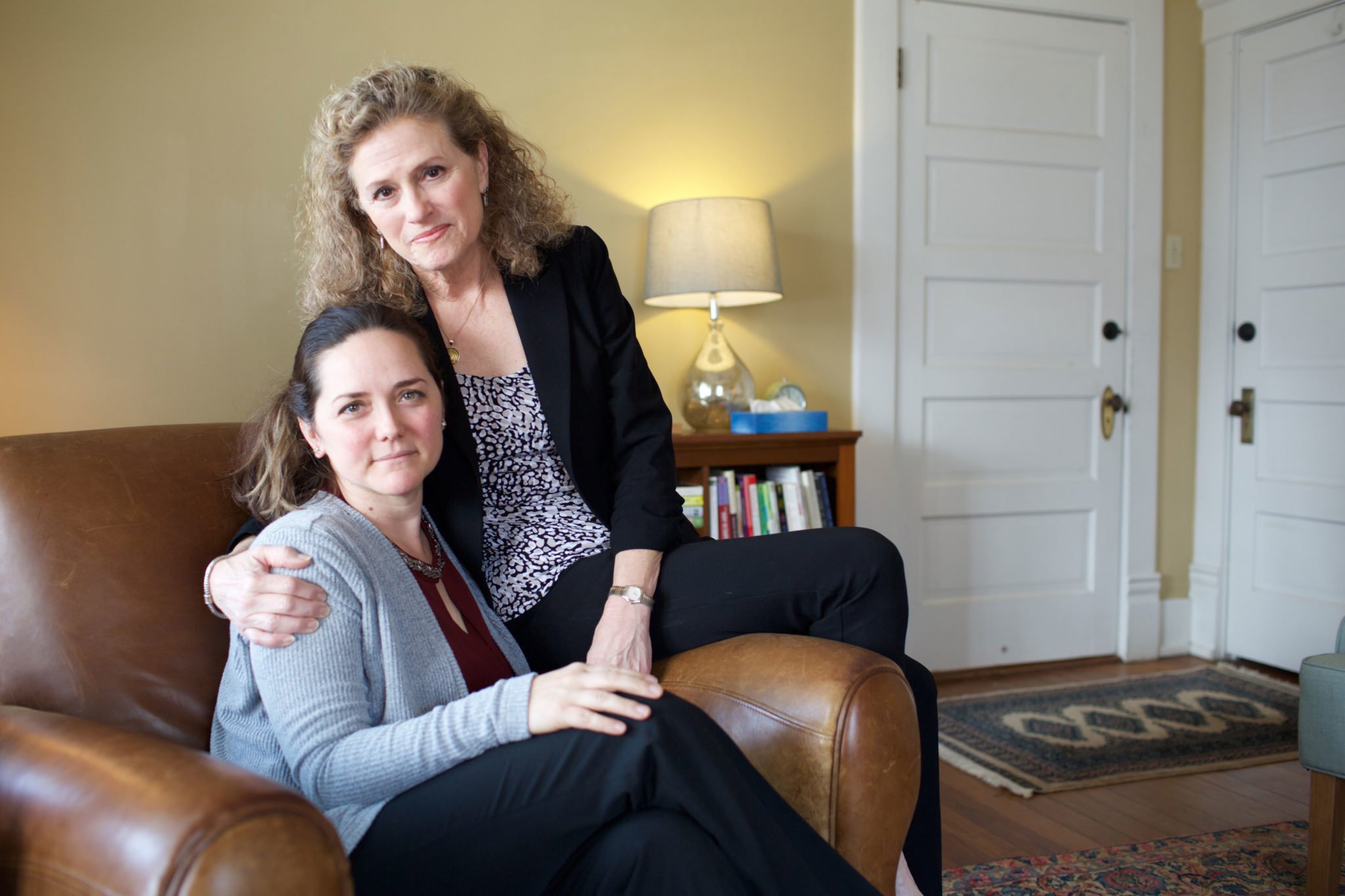
‘Shamed and Stigmatized’: Austin Woman Forced by Hospital to Bury Fetal Remains Testifies Against State Law
Blake Norton, who shared her experience publicly for the first time with the Observer earlier this year, testified in federal court that the forced fetal burial left her “shocked, upset, confused.”
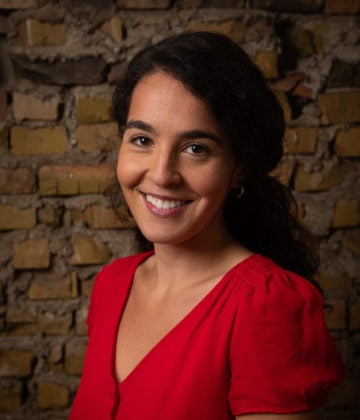
On the first day of the trial over Texas’ fetal burial law, abortion providers had a rejoinder to the claim that they don’t know how patients feel about the requirement: Blake Norton. On Monday, Norton fought back tears as she explained to a federal judge in Austin how she had been forced by a Catholic hospital to consent to the burial of the remains from her miscarriage in 2015.
As the Observer first reported, Seton Medical Center in Austin has quietly maintained a policy for more than a decade of requiring patients who miscarry to choose between a fetal burial in a mass grave at a Catholic cemetery or arranging for a private burial. Norton told the courtroom that she was first confronted with the devastating loss of a wanted pregnancy, and then was “shocked, upset, confused” when a nurse handed her a consent form as she was being wheeled into surgery at Seton. Norton felt she had no choice but to sign; finding another solution for her urgent medical situation was “not a realistic option.”
“I felt personally shamed and stigmatized by the policy itself and by the hospital’s insistence on my needing to talk it through with a chaplain and social worker,” Norton said. “It felt like I was doing something they believed to be wrong and they needed to correct me.”
Norton shared her story publicly for the first time with me earlier this year, in part because she worried her experience could become routine. Two years after Norton’s miscarriage, in 2017, the Texas Legislature passed a law that would require the burial or cremation of all embryonic and fetal remains following abortions and miscarriages in medical facilities across the state.
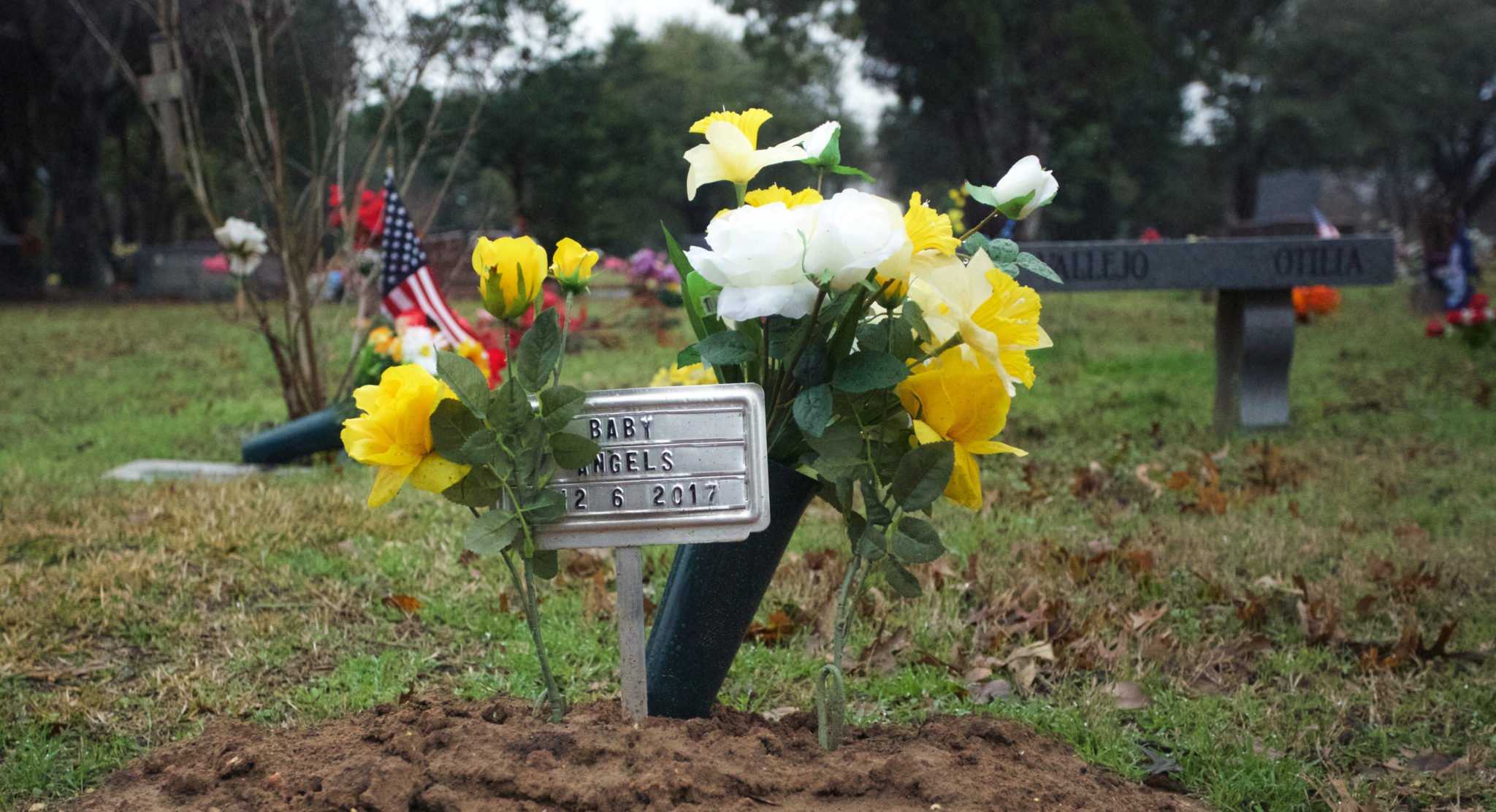
Federal District Judge David Ezra, who is hearing the case, Whole Woman’s Health et al., v. Charles Smith, temporarily blocked the law from going into effect in January, ruling that it likely constitutes an undue burden on the constitutional right to an abortion.
After our story ran in April, attorneys for the plaintiffs — a collection of Texas abortion providers — asked Norton to testify about her experience to show how the policy can harm patients and burden their access to health care.
“[The Seton policy] pigeonholed me into a position of needing to define this experience in a way that is incongruent with my value system,” Norton said Monday. “This meant making forced choices based on someone else’s thoughts on what this process was supposed to look like.”
Attorneys for the state argued that the law expresses “profound respect for the life of the unborn,” by treating the remains as different from other tissue and medical waste. Darren McCarty, a lawyer with Texas Attorney General Ken Paxton’s office, referred to the current process of incinerating the tissue and placing it in a sanitary landfill as “dumping human remains in the sewer like everyday garbage.” He said that the law does “nothing more” than require the “dignified disposition of fetal remains.” (In fact, under current Texas law, patients can elect to bury the fetal remains if they choose to do so.)
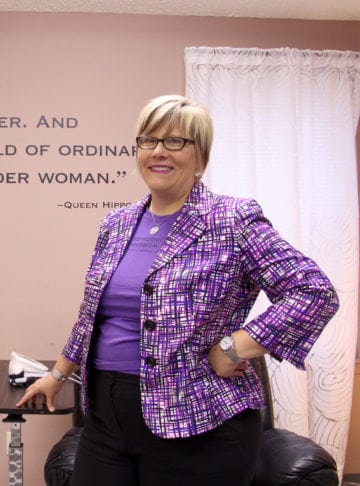
When Amy Hagstrom Miller, president of Whole Woman’s Health, a plaintiff in the case, testified that her patients were concerned about the law, the state’s attorneys repeatedly objected, calling it “hearsay.”
The plaintiffs’ argument is two-fold: The fetal burial law infringes on patients’ freedom of speech and religion; and it burdens their access to care by stigmatizing abortion and imposing additional obstacles for providers.
Ezra took care to underscore that the issue in the case “is not whether Roe v. Wade is constitutional or unconstitutional.” Alluding to Trump’s nomination of Brett Kavanaugh to the U.S. Supreme Court, he said, “That will be for another day in another case.” Instead, Ezra said his decision will turn on whether the fetal burial requirement makes it difficult or impossible for abortion providers to operate.
Hagstrom Miller said that finding vendors is already a challenge for abortion providers, and called the law a “backdoor attempt” to shutter clinics.
“[The Seton policy] pigeonholed me into a position of needing to define this experience in way that is incongruent with my value system.”
Providers also raised concerns about the privacy of patients. They pointed to a new state registry of funeral homes and cemeteries willing to do free or low-cost burials, which the plaintiffs say are mostly Catholic institutions opposed to abortion. On that issue, too, Blake has relevant experience. She found out from my reporting that her name is listed in a database maintained by the cemetery where the fetal remains are buried. I was able to find the grave site, which is marked with a headstone that reads “Baby Angels,” by giving her name to a worker at the cemetery.
“It seems like that might violate some federal privacy laws,” Ezra said, when attorneys raised the issue. “HIPAA would prohibit this.”
A spokesperson for Seton, which is part of the world’s largest Catholic health system, didn’t immediately respond to a request for comment.
Karen Swenson, a doctor affiliated at Seton who told the Observer this spring that she doesn’t refer patients to the hospital for miscarriage management because many find the burial policy distressing, is scheduled to testify against the law on Thursday. The trial is expected to run until Friday.
